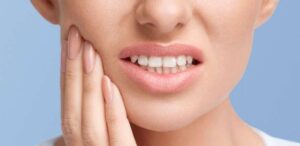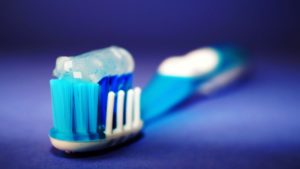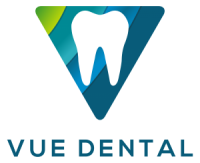Cavities and Tooth Decay Pain
What is Tooth Decay:
Tooth decays are the damaged and eaten-up areas on the surface structure of teeth, which may sometimes reach up to deeper layers. A combination of factors is responsible for this, such as the bacterial attack on food remnants, frequent snacking, including more sugary drinks, and improper brushing and flossing.
Is It Painful?
Yes, almost all of us know that sweet irritating pain that occurs in the tooth region when the tooth cavity has just started to form. We are sure that it is because of decay in teeth. The decay pain does not look at time and occasion and can happen to anyone and at any time. With cavity pain, it can also result in infection and even tooth loss.

Dull throbbing, sweet irritating, or sharp stabbing pain all are the adverse effects of cavities. This occurs because dental cavities expose the sensitive layers of teeth: dentin and pulp. Therefore, whenever this sensitive zone comes in contact with hot and cold food, there is a sense of sudden sharp pain. Other signs could be the catching of food in the tooth. You can also feel roughness in the area of the tooth that has decayed. Sometimes, the decay is very much visible in your mouth.
How to Manage This Pain?
The first and foremost thing is visiting your dentist as soon as possible. However, this is always not possible. The pain of a dental cavity can arise suddenly, and you may need to know some tricks that can help till you get treated.
Some of the precautions that you may take are listed below:
1) Avoid taking sugary foods:
Avoid foods like chocolates and sodas as they stick in the decayed part and create too much discomfort.
2) Proper brushing and flossing:
It may cause pain at first. However, it is necessary to keep the cavity as clean and free from food remnants as possible.
3) Avoid Hard foods:
Hard food can be harsh on the decayed part and may give you tooth cavity pain. Therefore, try to eat soft food such as yogurt, soups, salsa, mashed potatoes that don’t require too much chewing.
4) Oral Rinse Should be a Mantra:
After every meal, you should do a mouthwash/mouth rinse. It helps to keep your teeth clean and free from food particles that may stay stuck in the cavity.
5) Book an Appointment With Your Dentist:
This step should be the first thing to do. Take an appointment with your dentist and get free from this pain. Till you reach them, Let them know about your problem, as they might help you by recommending some over-the-counter pain killers that may help manage the pain.
Home Remedies:
The use of lukewarm water, salt and clove oil can help in reducing the pain of a dental cavity for some time.

* Use a glass of lukewarm water with two teaspoons of salt in it when brushing your teeth or doing an oral rinse. It soothes the inflamed cavity area and keeps the oral cavity clean from debris.
*Clove oil also gives temporary relief if used in the area of tooth decay. Putting two to three drops of clove oil on a cotton swab or a cotton ball and applying it to the affected area helps fade the tooth pain for some time.
Treatment Modality:
The only treatment modality for a cavity is to get it cleaned and restored. Cavity symptoms, pain can be resolved with over-the-counter drugs for some time. However, getting it cleaned and filled is the ultimate and the most common solution. Here is the basic overview of how a dental restoration is done:
1) The tooth area is made numb with the use of a local anesthetic.
2) The dentist removes the carious/decayed part of the tooth.
3) Finally, depending on the cavity, your dentist will suggest different material options. You can choose among them and get the cavity filled.
How to Prevent Dental Cavities and Their Pain?
Anyone can develop tooth decay. However, the following things are in our hands that can help us stay away from dental cavities:
1) Brushing and Flossing:

Maintaining regular oral hygiene is the most important key to the prevention of dental caries. Brushing and flossing twice a day greatly help your mouth to stay clean and free from cavities.
2) Use of Flouride Products:
In patients prone to dental cavities, fluoride treatment and the use of fluoride toothpaste are recommended. Fluoride helps in forming the top layer hard and resistant to dental decay.
3) Avoid Snacking:
Eating too many snacks and drinking too many sodas and sugary foods provides the dental plaque a way to get accumulated on your teeth. Therefore, avoid indulging in such a diet. Try to rinse every time you eat a snack.
4) Getting Sealants Done:
Sometimes dentists may recommend you to get dental sealants applied to your teeth to keep them protected from cavities. Dental sealant is a plastic coating done on the grooves and fissures of the teeth, as they are most prone to get affected by dental decay. It can give protection to the tooth for as long as a decade.
5) Last but not least, visit your dentist at least twice a year for a regular checkup:
It is essential that you keep getting your oral health checked. Cleaning of your teeth and filling of small cavities, at their very start, will help you save from unbearable pains and infections of the future.
